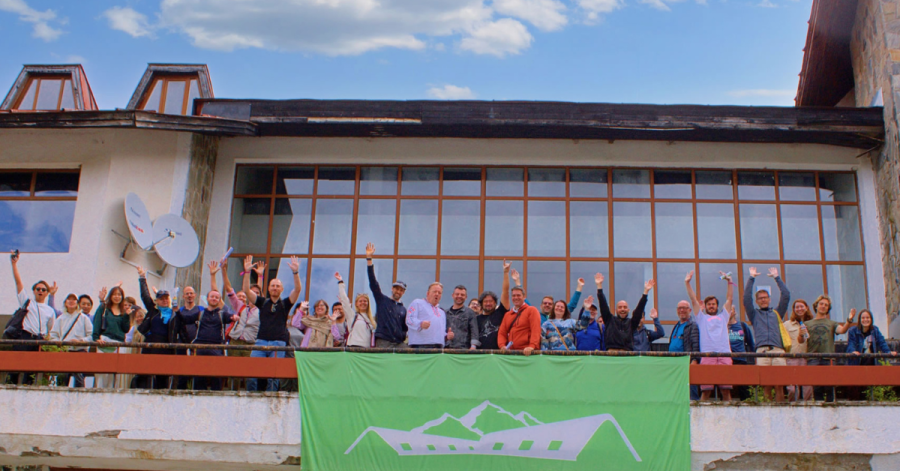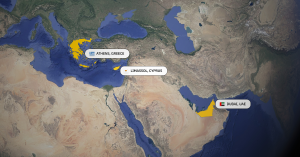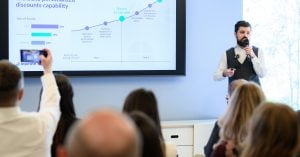Coliving is a word that we hear more and more often, when referring to shared housing. In France, you can basically live and work from a castle, as the Chateau Coliving or have a surfing spot in the lunch breaks as the Nine Coliving in Tenerife. Now that’s something, isn’t it? In fact, the coliving market size was valued at $13,285M in 2023 and is expected to expand at a CAGR of 29.9% during the forecast period, reaching $63,818M by 2032, according to the Market Growth Reports.
The trend benefits diverse professional groups such as remote workers, freelancers, and corporate employees, as by 2030, these global digital jobs are estimated to grow by around 25% to over 90 million roles.
Bulgaria on the digital nomad map
Focusing on our region, Bulgaria stands out as the only CEE country listed in the Top 10 consistently growing remote work hubs in the world for the past five years, according to the online resource Nomad List.
An initiative contributing to this rise is Coliving Semkovo, a shared living project in Bulgaria that aims to transform a large, unused building into a place surrounded by nature. The project was founded by Matthias Zeitler, who has spent seven years developing the digital nomad community in Bansko through Coworking Bansko and Bansko Nomad Fest.
Zeitler recognized Bansko’s potential as a digital nomad hub in 2016, only a couple of months after visiting Bulgaria for the first time. At that time, Zeitler was a digital nomad himself, living in Strasbourg, Austria before he started looking for a place where taxes were lower.
With Coliving Semkovo, located 20 km north of Bansko, Zeitler aims to expand on this vision by transforming a 16,700 square meter former hotel. The project has already achieved over €4M in apartment sales, with more than 70% of the total units sold.
Building a Nomad Utopia: a community-centric approach to property ownership
Matthias Zeitler emphasized that the real experience begins once all the units are sold. “We aim to become a home for our community, but also a hub of entrepreneurship and innovation. So the focus will shift to welcoming new residents and building a strong, connected community. This involves organizing orientation events, setting up community guidelines, and hosting social and professional activities to help everyone engage and connect.”
According to their data, the community consists of 80 owners from 30 different countries. “About 20% come from the startup ecosystem in Sofia. The other 80% are location independent, traveled the world and are looking for a base,” added Zeitler.
In response to the question of how property ownership at Coliving Semkovo differs from traditional real estate investments, Matthias clarified for The Recursive that in the case of Semkovo all owners also own the Coliving business together.
“We call this a Nomad Utopia. The focus is not just on owning a physical space, but also on gaining access to a range of communal amenities and shared experiences that foster connection and creativity,” he explains.
The co-op handles the promotion, rental management, and upkeep of the apartments, lightening the load for individual owners. This model merges real estate investment with a collaborative community, offering a more seamless and distinctive ownership experience.
Community growth and infrastructure development in Semkovo
“We expect to see similar initiatives emerging in remote areas around the world, driven by factors such as affordability, a desire for a closer connection to nature, and the increasing impacts of climate change,” said Zeitler.
He also shares that along with the growth of their community, the local municipality is actively improving the area. They’ve already renovated the main road to Semkovo and have plans for further upgrades, like adding a new chairlift. These improvements are part of a larger initiative, “The Pearl of Rila,” aiming to make the region more attractive for both locals and tourists.








